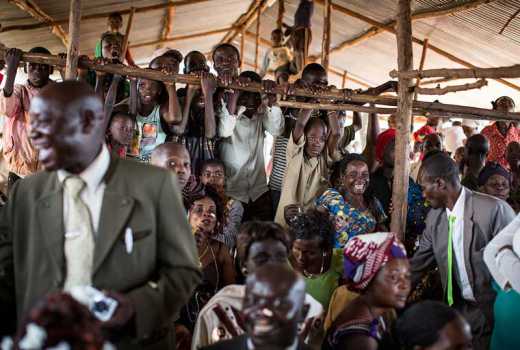×
The Standard e-Paper
Kenya’s Boldest Voice

When heavily armed rebels attacked Bunyakiri in the Democratic Republic of Congo, she managed to escape with other villagers.
Not knowing where to go, Christine Kamina (not her real name) carried a bottle of water and few clothes in a small bag.